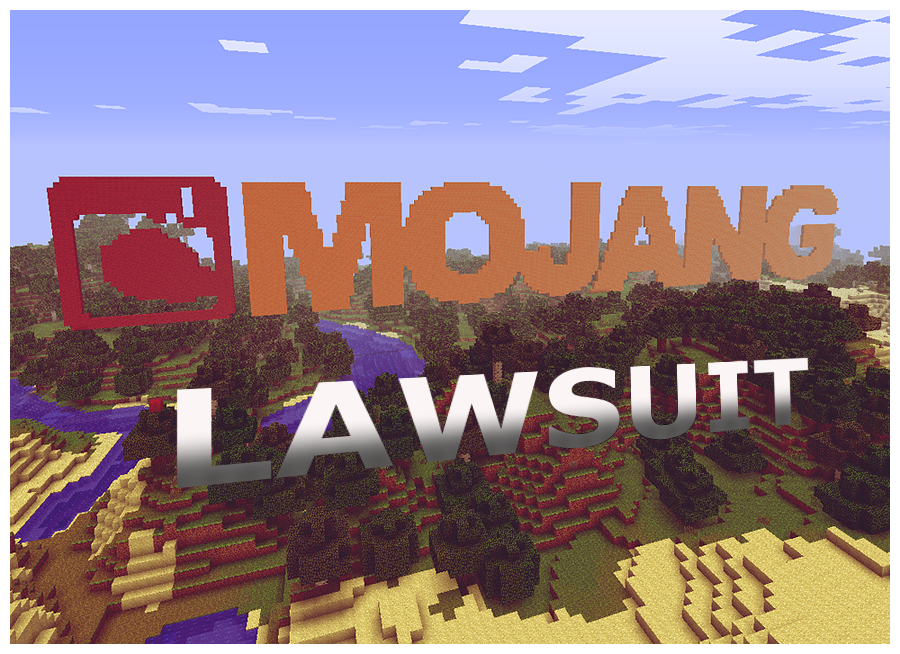
If there’s one developer out there who’s had it rough recently, it’s got to be Mojang. After hitting a homerun with their incredibly successful sandbox, survival-oriented 3D opus Minecraft – Mojang has quickly grown into one of the most formidable indie developers in the business.
However, last year when Mojang announced an upcoming card-fighting game dubbed Scrolls which was initially slated for a November release – right alongside Bethesda’s mammoth role-playing game The Elder Scrolls V: Skyrim, the lawsuits kept coming at a steady clip and the issue took a long time to settle. Now in 2012, Mojang is facing yet another lawsuit; this time, the Stockholm-based studio is being sued for “patent infringement”. The definition of patent infringement may vary by jurisdiction, but it typically includes using or selling the patented invention and the suit issued by Uniloc – who focuses on computer security and copy protection – claims that Mojang has infringed on a patent owned by the former company. Uniloc claims that Mojang has created an application “that require communication with a server to perform a license check to prevent the unauthorized use of said application, including, but not limited to, Minecraft”.
Markus “Notch” Persson doesn’t exactly seem woeful over the manner as the fedora-clad Swede would later tweet: “unfortunately for them, they’re suing us over a software patent. If needed, I will throw piles of money at making sure they don’t get a cent”. Notch also expressed a good amount of hostility towards the idea of patenting, as he later posted:
“There is no way in hell you can convince me that it’s beneficial for society to not share ideas. Ideas are free. They improve on old things, make them better, and this results in all of society being better. Sharing ideas is how we improve” he later added: “If you own a software patent, you should feel bad.”
I’m personally willing to agree with Notch on this one, seeing how the idea of hoarding idea patents and then reap the rewards by suing small start-up companies only to laugh all the way to the bank is something that many corporate-giants will happily do without remorse. Problem is: Mojang is by no means a “small” company anymore, and could win a great deal if they’re able to issue a counter-suit of some sort. Naturally, following Notch’s statements and the events that have unfolded, a lot of heated debate has been sparked to include both nay-sayers (Notch is right) and those who believe that the court costs of patents are justifiable (Notch is wrong).
Either way, all we can do is hope that this series of events won’t act as a big roadblock for the upcoming Scrolls and Mojang’s first third-party developed action/platformer game Cobalt – both of which are coming to PC later this year.